detail profile freeman dyson
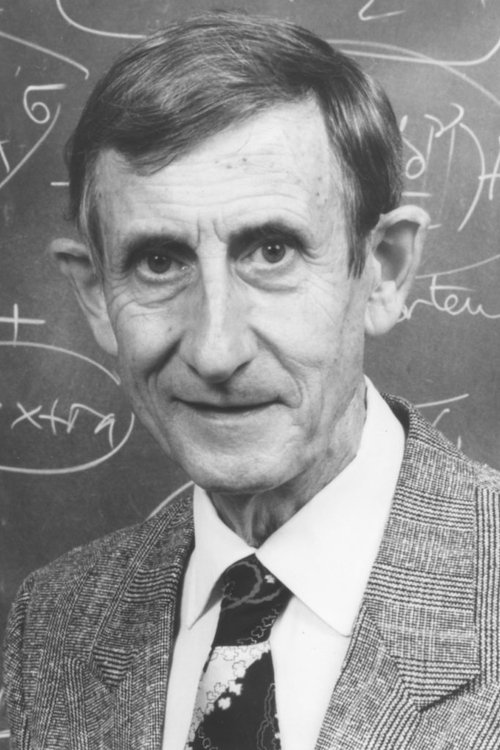
Freeman Dyson
Freeman John Dyson FRS
atau dikenal sebagai
Riwayat Hidup
Freeman John Dyson FRS was an English-American theoretical physicist and mathematician known for his works in quantum field theory, astrophysics, random matrices, mathematical formulation of quantum mechanics, condensed matter physics, nuclear physics, and engineering.
Info Pribadi
Peran Yang Di Mainkan Freeman Dyson
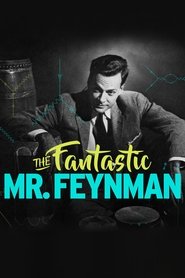 Richard Feynman is one of the...
Richard Feynman is one of the...The Fantastic Mr Feynman 2013
Richard Feynman is one of the most iconic, influential and inspiring scientists of the 20th century. He helped design the atomic bomb, solved the mystery of the Challenger Shuttle catastrophe and won a Nobel Prize. Now, 25 years after his death - in his own words and those of his friends and family - this is the story of the most captivating communicator in the history of science.
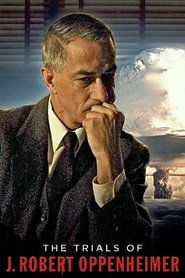 J Robert Oppenheimer was a national...
J Robert Oppenheimer was a national...The Trials of J. Robert Oppenheimer 2008
J. Robert Oppenheimer was a national hero, the brilliant scientist who during WWII led the scientific team that created the atomic bomb. But after the bomb brought the war to an end, in spite of his renown and his enormous achievement, America turned on him - humiliated and cast him aside. The question the film asks is, "Why?"
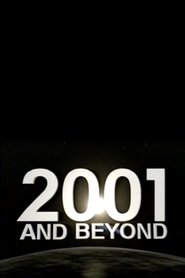 Author Arthur C Clarke and the...
Author Arthur C Clarke and the...2001 and Beyond 2001
Author Arthur C. Clarke and the cast and crew of Stanley Kubrick's 1968 masterpiece "2001: A Space Odyssey" star in this documentary, released in the film's long-anticipated title year. The origins of the production are traced as we see how the early days of the space race influenced Kubrick and Clarke's vision of a far more optimistic 21st century than we've managed to achieve - at least so far.
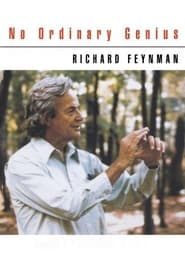 An intimate moving and funny account...
An intimate moving and funny account...No Ordinary Genius 1993
An intimate, moving, and funny account of the remarkable life and times of Richard Feynman—the most extraordinary scientist of his age.
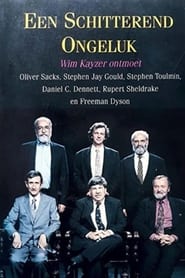 One of the most interesting shows...
One of the most interesting shows...A Glorious Accident 1993
One of the most interesting shows ever aired on public television was Wim Kayzer's interviews with six leading intellectuals who represented both the mainstream academic (Stephen J. Gould, Freeman Dyson and Stephen Toulmin) and more or less, as it were, "eccentric" outside the box groundbreaking intellectuals (Oliver Sacks and Rupert Sheldrake). Kayzer interviews each of them (and philosopher Daniel Dennett) individually and then has the entire group sit in a kind of round-table seminar that he moderates and lets the ideas fly.
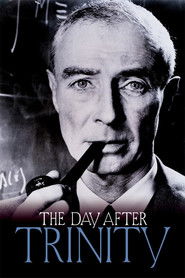 This essential Academy Awardnominated documentary offers...
This essential Academy Awardnominated documentary offers...The Day After Trinity 1981
This essential, Academy Award–nominated documentary offers an urgent warning from history about the dangers of nuclear warfare via the story of J. Robert Oppenheimer, the enigmatic physicist and all-around Renaissance man who led the Manhattan Project to develop the atomic bomb that America unleashed on Japan in the final days of World War II. Through extensive interviews and archival footage, THE DAY AFTER TRINITY traces Oppenheimer’s evolution, from architect of one of the most consequential endeavors of the twentieth century to an outspoken opponent of nuclear proliferation who came to deeply regret his role in ushering in the perils of the atomic age.
